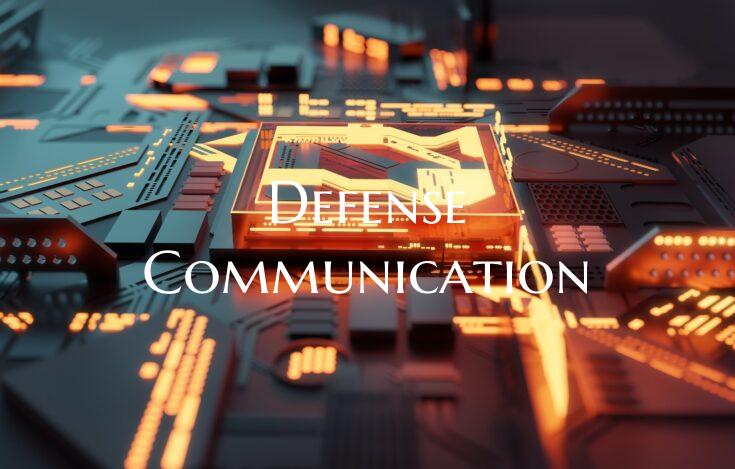Defense Communication
Effective communication is crucial in all aspects of life, but it is particularly critical in the field of defense. In the realm of defense, communication plays a fundamental role in ensuring the safety and security of nations, military personnel, and civilians. The ability to convey information accurately and efficiently can mean the difference between success and failure in missions, operations, and crisis situations.
One of the key aspects of defense communication is the transmission of orders, instructions, and intelligence among military units and personnel. Clear and timely communication is essential to coordinate movements, tactics, and responses in various defense scenarios. Whether it is a field operation, a strategic deployment, or a humanitarian mission, effective communication is pivotal to achieving the mission objectives and maintaining situational awareness.
Furthermore, communication in defense is not limited to internal interactions within military organizations. It also extends to interactions with external stakeholders, including government agencies, allied forces, non-governmental organizations, and the public. Transparent and coherent communication with these entities is vital for building partnerships, sharing information, and garnering support for defense initiatives.
In today's interconnected world, defense communication also encompasses the use of digital technologies and cyberspace. Cyber communication tools, such as secure networks, encrypted messaging, and real-time data sharing platforms, enable defense organizations to enhance their command and control capabilities, intelligence gathering, and decision-making processes. However, with the benefits of digital communication come challenges such as cybersecurity threats, information warfare, and the spread of disinformation.
To address these challenges and maximize the benefits of communication in defense, organizations must develop robust communication strategies that prioritize clarity, accuracy, security, and adaptability. Training programs, protocols, and technologies should be implemented to ensure that communication channels remain resilient and effective in the face of evolving threats and operational requirements.
In conclusion, defense communication is a cornerstone of modern military operations and national security efforts. By embracing the principles of effective communication and leveraging advanced technologies, defense organizations can enhance their readiness, responsiveness, and overall effectiveness in safeguarding their countries and citizens.

